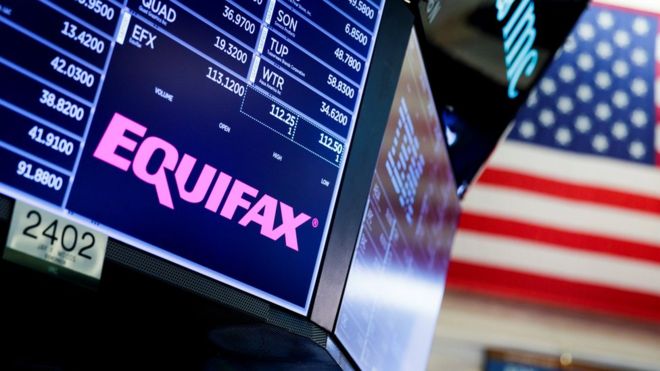Keeping data safe in the current climate with a significant proportion of the workforce still working from home is one of the biggest challenges faced by individuals and the business world.
Covid-19 has bought about many changes to our daily lives and highlighted how important it is that data is adequately protected from being compromised inadvertently or from a cyber-attack.
We deal and handle enormous amounts of data at home and at our workplace and this is now concentrated at one place in our remote locations. The security of this data is therefore more vulnerable with reliance on individuals as to how they take precautions to protect this data.
The ICO have recently posted their top ten tips to help make data secure whilst working from home.
https://ico.org.uk/for-organisations/working-from-home/how-do-i-work-from-home-securely/
- Follow your organisations policies, procedures and guidance
- Only use approved technology for handling personal data
- Consider confidentiality when holding conversations or using a screen.
- Take care with print outs
- Don’t mix your organisations data with your own personal data.
- Lock it away where possible
- Be extra vigilant about opening web links and attachments in e-mails or other messages
- Use strong passwords
- Communicate securely
- Keep software up to date
Phishing
It is very easy to inadvertently provide data and one of the most common methods that hackers use is that of phishing. Keeping data safe from such techniques means that you have to be extremely vigilant. Clicking on an e-mail link where you are uncertain of it’s origin could lead to your personal details being divulged.
With this data it is possible for hackers to build up a comprehensive profile of an individual. This can lead to identity theft and subsequently fraudulent activity on bank accounts, the application for jobs and a whole variety of scams that could lead to financial loss to an individual.
Keeping data safe is a constant challenge – our mobiles are used as much if not more that our wallets or purses and we tend to use our mobiles far more and with this increases the dangers of safeguarding data.
Image : Shutterstock






